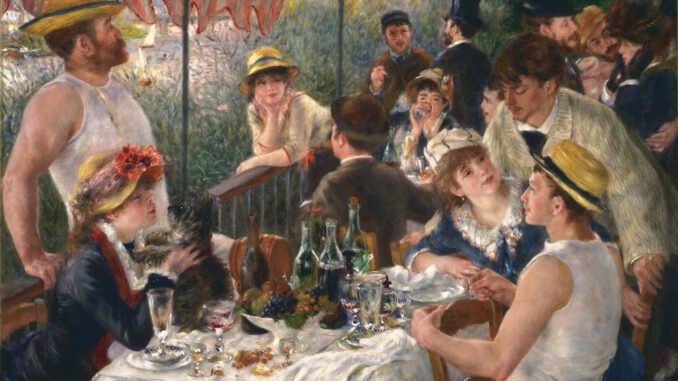
The book of Ecclesiastes opened with Solomon, the teacher, undertaking an investigation into the question that has vexed humanity since the dawn of time: what is the meaning of life?
In the second chapter of Ecclesiastes, Solomon undertakes his investigation first with the hypothesis that pleasure is the meaning of life. Solomon entertained himself with comedies and drank wine. He built great structures and accumulated possessions great and small. His pursuit included whatever his eyes desired.
When he added up the value of his pleasure, the sum was zero. “There was no profit under the sun.” His only takeaway from his pursuit of pleasure was that the wise man and the fool meet the same end, so the long-term value — and meaning — of pleasure is nothing. Even if he passes his possessions to the next generation, it won’t matter if his heirs are wise or foolish, they will all die.
Solomon realized that death defeats all of our work, our pleasure and our possessions. The end result is that pleasure cannot define us when God’s grace is all that we can rely on for eternity.
Ecclesiastes 2:3
3 I sought in mine heart to give myself unto wine, yet acquainting mine heart with wisdom; and to lay hold on folly, till I might see what was that good for the sons of men, which they should do under the heaven all the days of their life.



